Diagnostic testing has completely changed the way we think about healthcare in the world of modern medicine. Ambulatory ECG Monitoring Test is one such test that has earned a notable reputation for its capacity to obtain a thorough picture of heart health. This non-invasive approach can continuously monitor the electrical activity of your heart. In this article, we examine the strong arguments in favour of ambulatory ECG monitoring tests and show it’s importance for your cardiovascular health.
Before going to that part, if you need to do this test and you are looking for the Best Ambulatory ECG Monitoring Centre In Australia, contact Heart Station. Here, you can get safe and accurate cardiac tests.
Let’s look at the discussion:-
- Understanding Ambulatory ECG Monitoring
- Motives for Choosing the Test
- The Procedure
Understanding Ambulatory ECG Monitoring:
A Holter Monitor or event monitor is a portable gadget worn during an ambulatory ECG monitoring exam to record your heart’s electrical activity throughout your daily activities. Healthcare practitioners can detect anomalies during this prolonged monitoring period, typically between 24 and several days long. These irregularities might not be seen during a routine ECG test in a clinical context.
Motives for Choosing the Test:
Intermittent Symptoms:
A quick trip to the doctor’s office may not reveal the presence of several cardiac diseases, like arrhythmias or palpitations, which happen occasionally. The continuous recording of your heart’s activity, made possible by the ambulatory ECG monitoring test, increases the chance of catching anomalies as they happen.
Accurate Diagnosis:
An ambulatory ECG test’s prolonged monitoring period gives a more accurate picture of your heart’s behaviour over time. It enhances the likelihood of finding even anomalies that can result in a more accurate diagnosis.
Assessment of Treatment Efficacy:
For people who have already been diagnosed with a cardiac disease, this test can be very helpful in determining how well the recommended therapies or medications are working. Healthcare professionals can track the electrical activity of your heart to see if your treatment plan has to be modified.
Customised Care:
By using the data gathered from the Ambulatory ECG Monitoring Test, medical practitioners can create treatment programmes that are tailored to your requirements. This individualized strategy may result in better results and an enhanced quality of life.
Unobtrusive Monitoring:
The monitoring gadget is portable and lightweight, making it easy to wear during everyday activities. During various circumstances, such as exercise, sleep, and stress this covert monitoring rocords your heart’s behaviour.
Finding Silent Problems:
Some cardiac problems, like silent ischemia (lack of blood supply to the heart muscle), could not show any signs. These covert problems can be found via an ambulatory ECG monitoring test, enabling early intervention and avoiding complications.
The Procedure:
The Ambulatory ECG Monitoring Test is an easy-to-follow technique. Your chest is fitted with tiny electrodes connected to a portable monitoring device you wear on your belt. The gadget continuously records your heart’s electrical activity and afterwards examined by a medical expert.
Conclusion
The Ambulatory ECG Monitoring Test provides a singular opportunity to learn more about the electrical activity of your heart over a longer period. That reveals anomalies that could otherwise go undetected. The benefits of this test are vast, regardless of whether you’re managing an existing heart issue, managing symptoms, or just looking for a thorough examination of your heart. If you’re considering getting this test, talk to your doctor about how ambulatory ECG monitoring can improve your general health. To get safe and effective tests in Australia, opt for the Best Ambulatory ECG Monitoring Centre like Heart Station.

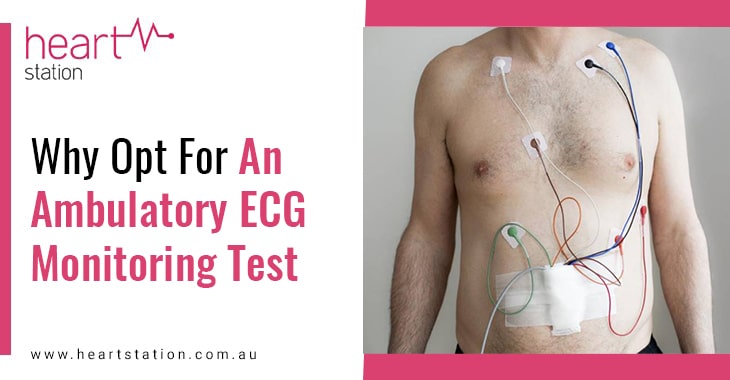
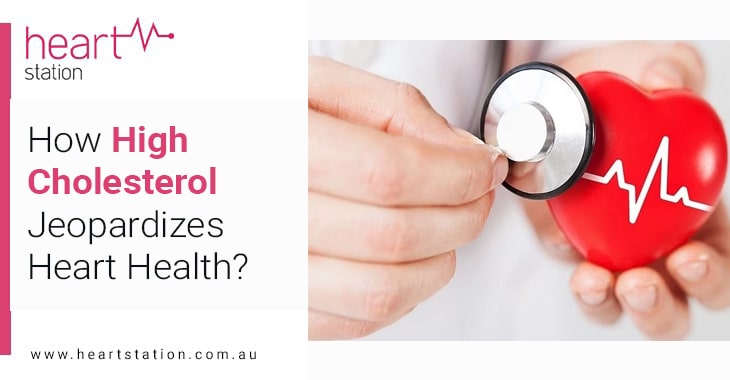
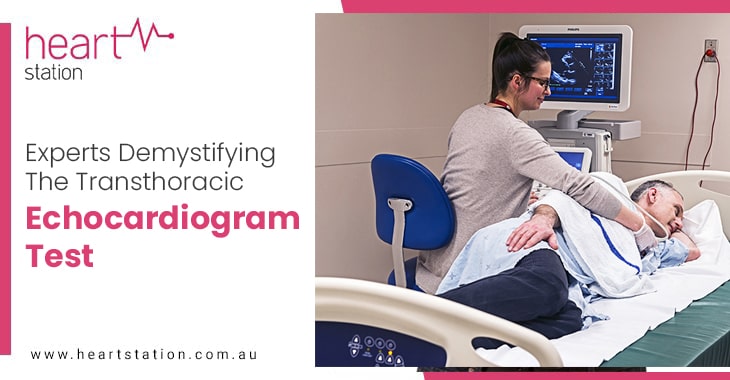
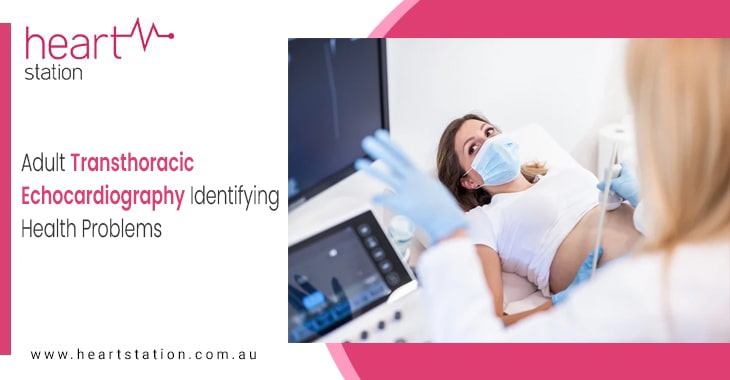
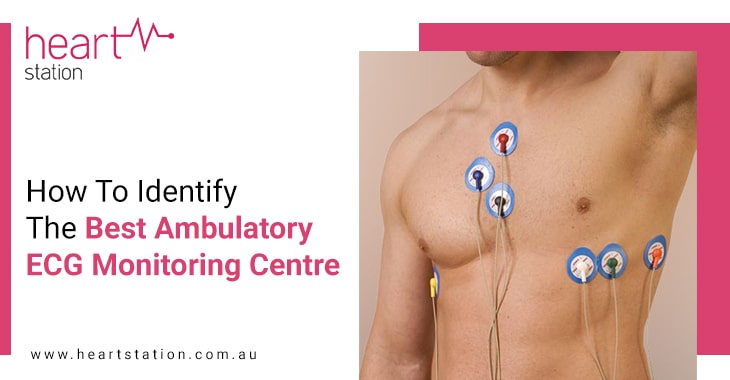
Recent Comments